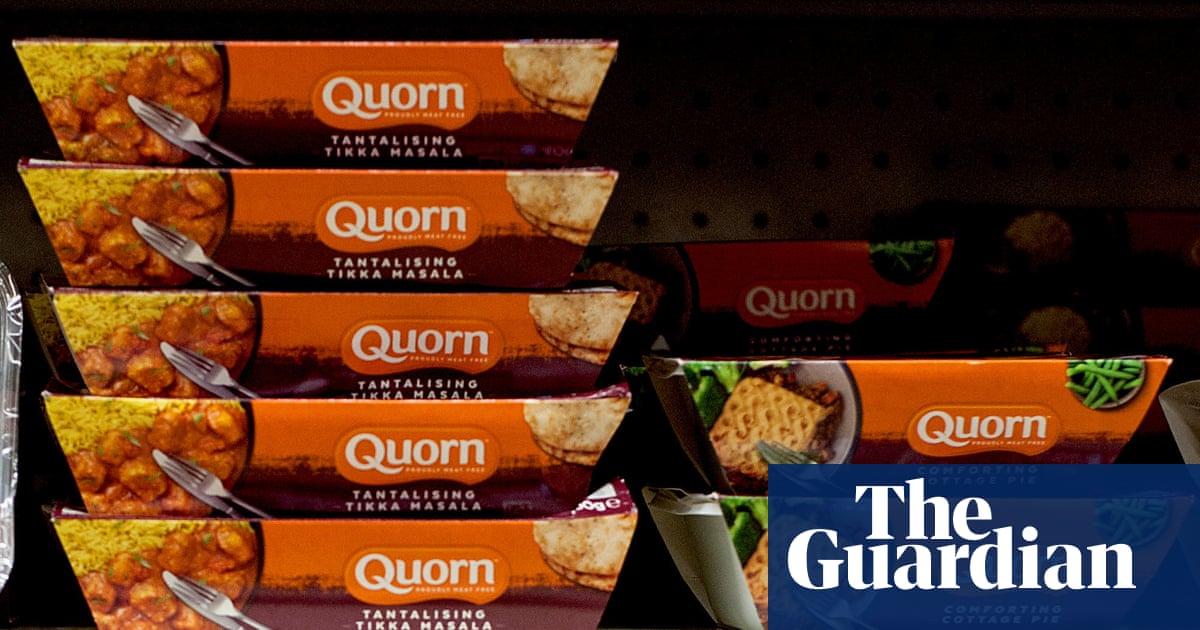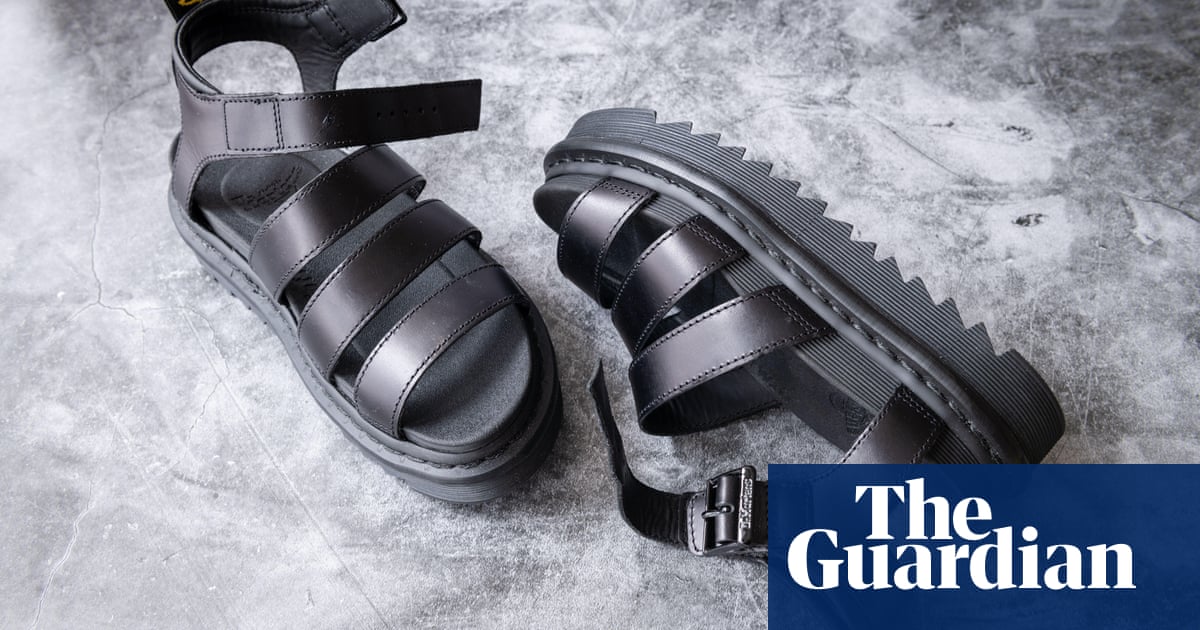
The maker of the meat alternative Quorn dived £15.5m into the red last year amid soaring costs and a slowdown in sales at supermarkets.
Middlesbrough-based Marlow Foods said sales to supermarkets and other retail outlets slid 4.3% last year, while total sales rose only 1.3% to £228m because of higher sales to takeaway groups and restaurants after the end of Covid lockdowns. The growth was well behind inflation, indicating that the volume of items sold fell.
Quorn is the latest meat-free producer to reveal financial difficulties as the cost of living crisis and return to office working, university lecture halls and schools have shifted buying habits and burst the fake meat bubble.
The volume of Marlow’s Quorn and Cauldron items sold in supermarkets plunged almost 11% and 23% respectively in the year to 15 July, according to Nielsen IQ data published by the Grocer trade journal in its latest report on the sector.
In August, Beyond Meat, whose plant-based products include burgers that appear to bleed and imitations of sausages and meatballs, lowered its annual revenue forecast after quarterly sales slumped by almost a third.
The vegan specialists, including Meatless Farm of Leeds and Lincolnshire-based Plant & Bean, which supplied companies including Quorn and Tesco’s Wicked Kitchen, called in administrators earlier this year as they battled lacklustre sales and hefty cost increases.
Meanwhile, Sweden’s Oatly, the Swiss food company Nestlé and the London-based Innocent Drinks, which is owned by Coca-Cola, are among those that have pulled vegan products from sale in the UK this year.
Marco Bertacca, the chief executive of Quorn Foods, said there had been “huge changes in consumer behaviour and turbulence in the global economy” last year, with inflationary pressure on costs, particularly on energy, glucose and egg albumen needed for its products, having “a significant impact” on the company.
Profits were also hit by one-off costs from the closure of part of a manufacturing plant and some redundancies as well as £4.5m in finance payments, up from £3.6m a year before, mainly because of rising interest on its debts.
“We always seek to insulate our consumers from the impact of higher costs and to protect the affordability of our food where possible, but these dynamics pushed our business into a loss for the year,” Bertacca said.
He said that by launching new products, including selling vegetarian and vegan chicken products in the fast food chain KFC across Europe, Quorn had been able to increase its share of the market and extend distribution of its products.












